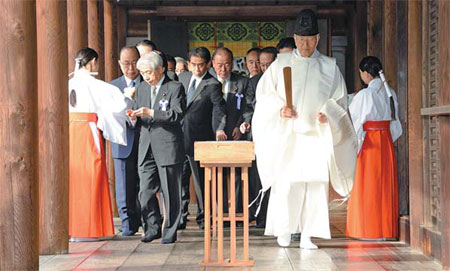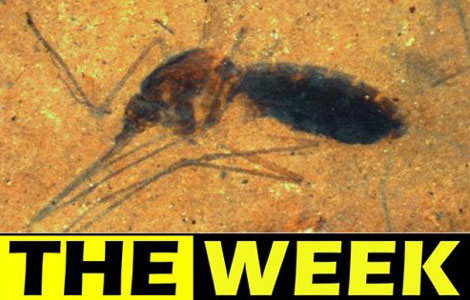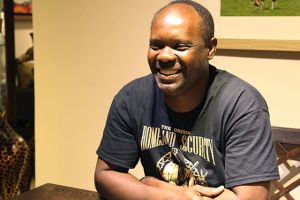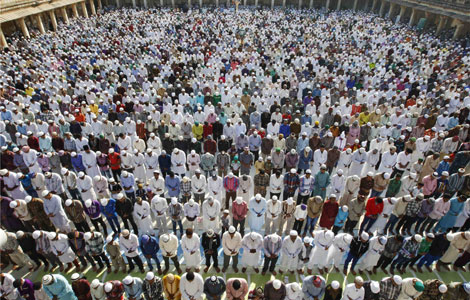China condemns Japanese officials' visit to Yasukuni
Updated: 2013-10-19 08:25
By Xinhua in Tokyo and Beijing (China Daily)
|
|||||||||||
|
A priest leads a group of Japanese lawmakers through their visit at the controversial Yasukuni Shrine in Tokyo on Friday. Japanese Internal Affairs and Communications Minister Yoshitaka Shindo and about 160 Japanese lawmakers worshipped at the shrine. Ma Ping / Xinhua |
Foreign Ministry spokeswoman Hua Chunying on Friday responded to Japanese Cabinet members' visit to the war-linked Yasukuni Shrine during its autumn festival by urging Japan to reflect on its history of aggression.
About 160 Japanese lawmakers from a nonpartisan group on Friday morning worshipped at the shrine, which honors Japanese war dead, including 14 Class-A war criminals.
Japanese Internal Affairs and Communications Minister Yoshitaka Shindo and Deputy Chief Cabinet Secretary Katsunobu Kato had paid homage to the controversial shrine earlier in the day, according to local media.
Hua said Vice-Minister of Foreign Affairs Liu Zhenmin summoned Japanese Ambassador to China Masato Kitera to lodge a serious formal complaint.
Liu also voiced his strong protest of the visit and a stern condemnation of the Japanese officials' actions, Hua said.
The spokeswoman described the shrine as a spiritual vehicle and symbol of Japan's wartime militarism that enshrines war criminals who committed horrible atrocities against the people of victimized Asian countries.
She said the Yasukuni Shrine issue is whether Japan can understand and deal with its history of invasion and colonization and respect the feelings of people in China and other victimized Asian countries.
It is also a matter of principle concerning the political foundation of China-Japan relations, Hua added.
The spokeswoman said China is firmly opposed to Japanese Cabinet members visiting the shrine, which is essentially an attempt to whitewash Japan's history of invasion, and to challenge the results of World War II and the postwar international order.
She reiterated that only by facing up to history and holding up a mirror to itself will Japan be able to face the future with its Asian neighbors.
She again urged Japan to honor its statement and commitment on reflecting on its history of invasion and take concrete actions to win the trust of its Asian neighbors and the international community.
On Thursday, Prime Minister Shinzo Abe sent an offering to the shrine, considered a symbol of Japan's wartime militarism.
Sanae Takaichi, policy chief of Japan's ruling Liberal Democratic Party, was among the group of lawmakers who visited the notorious shrine and said they should continue to visit the site.
During the country's spring festival in April, 168 Japanese lawmakers worshipped at the shrine, the highest number since 1989, triggering opposition from Japan's neighboring countries, namely China and South Korea.
Deputy Chief Cabinet Secretary Kato said that Japan will continue to strengthen ties with neighboring countries while making sure the issue will not affect relations.
The visits come as Japan's ties with both China and South Korea have grown increasingly strained because of territorial disputes.
Today's Top News
No secret papers for Russia, says Snowden
China, EU move toward investment talks
Growth 'paves way for reforms'
Executives in Asia top the global pay league
Typhoon-ravaged Chinese city recovers from flooding
Mandatory student internships under fire
Shanghai to reduce PM2.5 20%
Workers' right to a rest stressed
Hot Topics
Lunar probe , China growth forecasts, Emission rules get tougher, China seen through 'colored lens', International board,
Editor's Picks

|

|

|

|

|
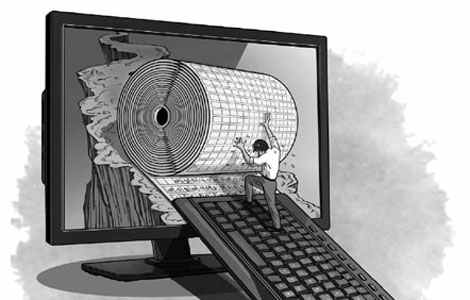
|
